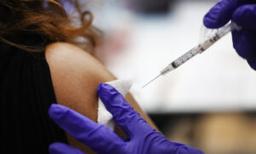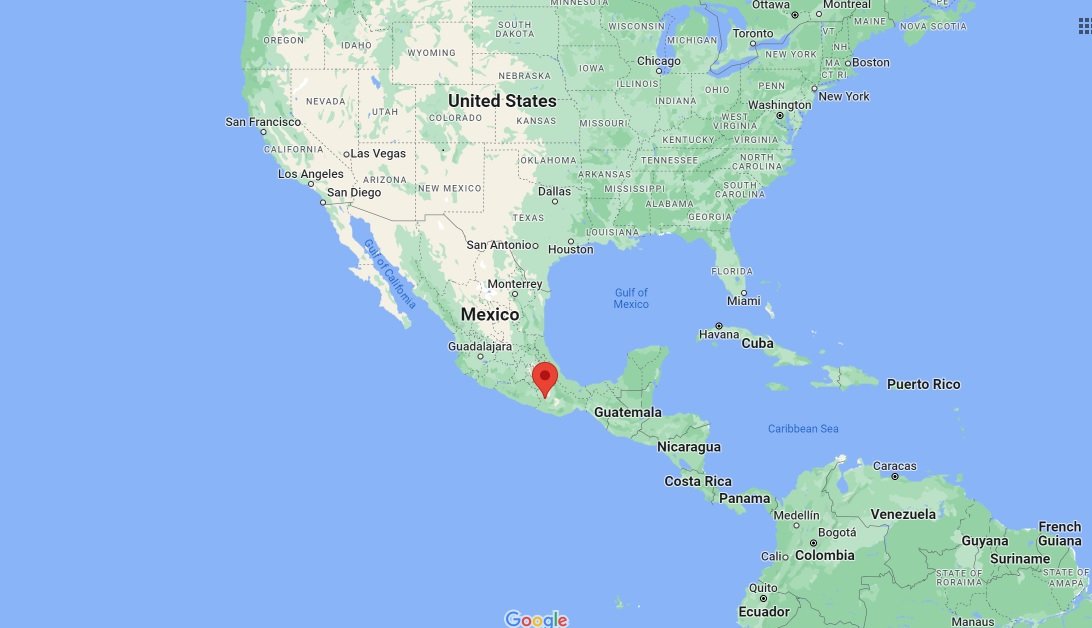Health Canada acknowledges COVID vaccination’s relationship with menstrual issues but unable to ascertain prevalence accurately
Health Canada says there is a possibility that COVID-19 vaccination causes menstrual issues but it doesn’t know how prevalent it is among women.
Health Canada says there is a possibility that COVID-19 vaccination causes menstrual issues but it doesn’t know how prevalent it is among women.
“Based on the available evidence, and in the context of the frequency of menstrual irregularities, it is not possible to determine what percentage of COVID-19 mRNA vaccine recipients could experience an increase in menstrual bleeding,” Health Canada said in a Sept. 18 Inquiry of Ministry tabled in response to questions submitted by Conservative MP Ted Falk.
The department said it conducted a post-marketing safety review on the risk of heavy menstrual bleeding after the Comirnaty and Spikevax COVID-19 vaccines. The review followed reported events of heavy irregular vaginal bleeding and heavy prolonged cycles consistently lasting more than eight days.
According to the department, their findings were “consistent” with those of the United States Food and Drug Administration and the Pharmacovigilance Risk Assessment Committee of the European Medical Association (EMA-PRAC), who performed an in-depth assessment of amenorrhea (absence of menstruation) and heavy bleeding following mRNA COVID-19 vaccines.
The EMA-PRAC found in June 2022 there was “insufficient evidence for causal association between mRNA vaccines and amenorrhea.” Later that year, they released the results of a review of clinical trials, observational studies, and post-marketing surveillance activities, which found there was “at least a reasonable possibility that heavy menstrual bleeding is causally associated with” the Pfizer-BioNTech COVID-19 Comirnaty vaccine.
According to Health Canada, menstrual cycle irregularities are “common during the reproductive years,” independent of vaccination, and stress, infections, and medications could also modify the length, duration, and heaviness of bleeding during the cycle.
‘Categorically Safe’ for Pregnant Women
Mr. Falk also asked the government about “the scientific basis for government officials’ statements that COVID-19 vaccines are categorically safe for pregnant and breastfeeding women.” Health Canada said this assertion was based on a continuous review of evidence since the vaccines were first authorized in 2020.
The agency said their ongoing national and global vaccine safety monitoring systems had shown “no evidence of any adverse pregnancy or neonatal outcomes” associated with the vaccines. The National Advisory Committee on Immunization (NACI) continues to recommend the use of COVID-19 vaccines in pregnancy and breastfeeding.
“The Public Health Agency of Canada (PHAC) and Health Canada continue to actively evaluate all available data and examine emerging scientific literature to detect any potential short or long-term impacts on fertility and/or pregnancy from COVID-19 vaccination,” the agency said.
The agency also said that the NACI recommends continuous monitoring of data on the safety, immunogenicity, efficacy, and effectiveness of COVID-19 vaccination in pregnancy and breastfeeding as a research priority.






